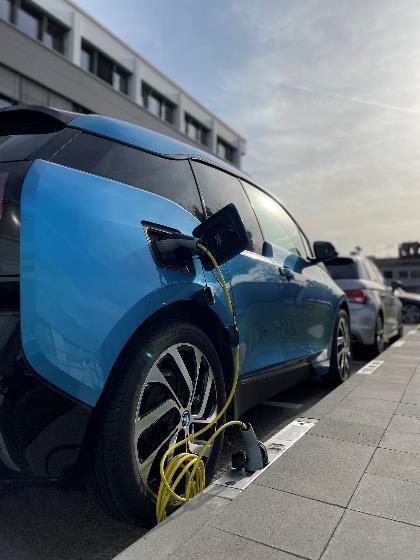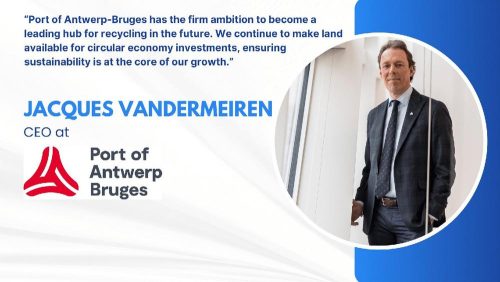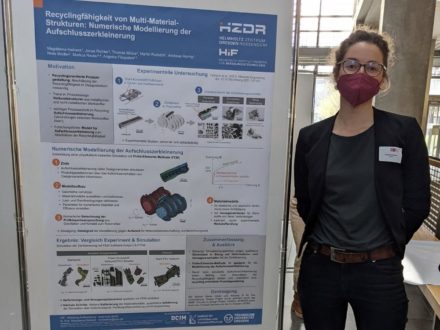
Rheinmetall curb chargers – an innovative charging concept for promoting e-mobility in city centres and metropolitan areas
– New electric vehicle charging solution concept for city centres
– Modular curb enables charging with 22kW AC, including integration into existing backend systems
– Development oriented to current requirements like space requirements, point density, etc.
– Minimal intrusion into public space
– Numerous potential applications
At an E-Mobility Conference organized by the VDE, the German Association for Electrical, Electronic & Information Technologies, the Düsseldorf-based technology group Rheinmetall recently presented a novel solution concept for charging electric vehicles. Rheinmetall curb chargers blend into the cityscape almost invisibly, offering a solution to the challenges posed by existing charging systems, such as large space requirements, low point density, aesthetic downsides, and high cost. Unlike other charging solutions on the market, the Rheinmetall approach makes intelligent use of existing urban infrastructure. By integrating charging electronics into the curb stone, it becomes a de facto “charging pole”, but without the drawbacks conventional pole-type charging stations cause for other road users. Moreover, electric vehicles can be charged directly at the curb, with no need to stretch a long cable across the sidewalk.
The Rheinmetall system helps to solve one of the major challenges holding back the progress of e-mobility: the lack of charging capacity, particularly in city centres and major metropolitan areas. It was developed on the premise of minimizing as far as possible any intrusion into the public space. Background: Already at the start of the electro-mobility boom, many cities and municipalities barely know how adequate space for installing charging infrastructure be made available. Published in October 2022, the German government’s Charging Infrastructure II Masterplan demands robust action. Particularly in city centres, free space is scarce, meaning that the creation of new infrastructure is possible only at the expense of other road space stakeholders like pedestrians or cyclists. Conversely, opting for larger, (fast) charging parks at the outskirts is not an option for many consumers, especially due to cost and time considerations. There is thus a real risk that the rise of electromobility especially in metropolitan areas could falter before it even gets properly started.
In recent months, a team at the Rheinmetall Technology Center has been working intensively on a solution that exploits existing urban infrastructure, though without the limitations imposed by charging point density, as is the case with lantern chargers, for example. The result is a modular curb charger capable of charging 22kW AC, which can be integrated into existing backend systems and charging system infrastructures via an open charge point protocol (OCPP).
During the development process, great priority was given to ease of retrofitting and maintenance. As a result, entire streets and parking lots can be prepared for curb chargers, enabling subsequent scalability as well as synergies with respect to planning, permission, construction, etc. For this purpose, so-called dummy curbs are installed at the desired charging locations. The electronic module can be retrofitted as soon as the number of electric vehicles assures adequate demand. Retrofitting can be carried out within a few minutes, as can maintenance, for which the electronic unit can be easily removed. The systems are designed in accordance with rough environmental conditions in the road space, assuring a long service life.
In addition to roadside charging, various other potential use-cases can be addressed. These include charging at employer parking facilities, in residential settings with single family homes or apartment buildings, or at business parking lots, thus providing users with a fast, easy, comfortable means of charging their vehicles.
Because safety is built into Rheinmetall’s DNA, the systems are currently undergoing comprehensive long-term testing before being used in the public space as part of a pilot project. The solution put forward by Rheinmetall has the potential to bring within reach Germany’s goal of having a million public charging points in place by 2030.
Rheinmetall AG
Rheinmetall Platz 1
40476 Düsseldorf
Telefon: +49 (211) 473-01
Telefax: +49 (211) 473-4158
http://www.rheinmetall.com
Head of Public Relations
Telefon: +49 (211) 473 47 48
Fax: +49 (211) 473 41 58
E-Mail: media@rheinmetall.com
![]()



